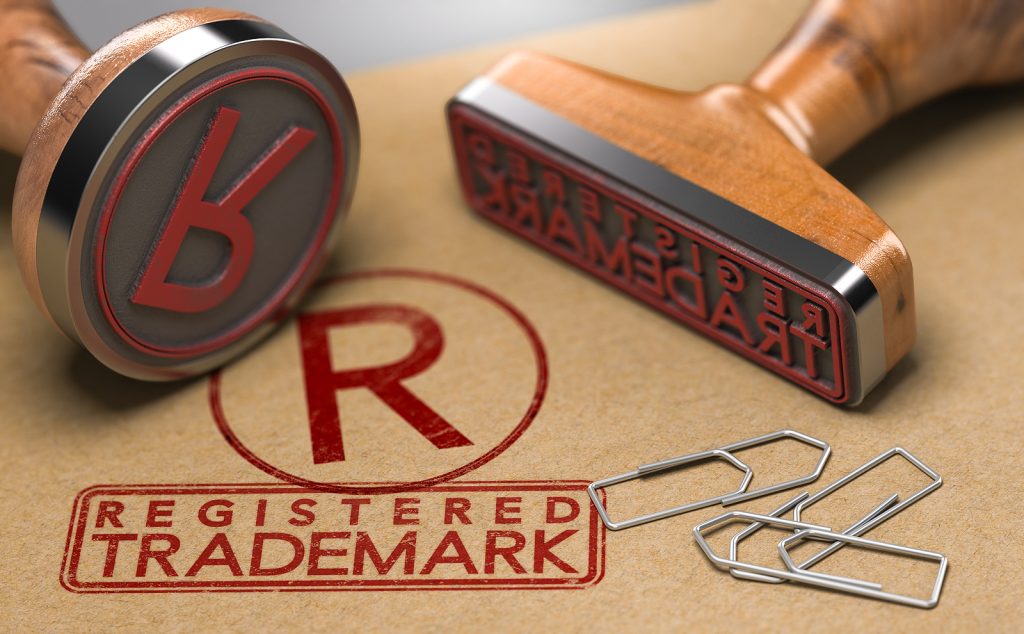What Happens if Someone Breaches a Business Contract in Georgia?
Contracts are incredibly important for businesses in Georgia and throughout the nation. They are the legal means by which you can hold business partners, vendors, customers, and others to promises.
Good contracts serve a number of business purposes, including:
- Recording obligations in writing in clear, concise language so that everyone involved is on the same page and has a reference
- Helping to protect business revenue and other assets
- Helping to ensure confidentiality when required
- Reducing risks for your business, such as costly disputes or losses
- Supporting critical collaboration and cooperation between your business and partners or other entities
- Increasing the chance that all parties involved will be satisfied by the end results
Of course, these benefits are more likely when your contracts are well-written and follow legal best practices. Consider working with legal professionals such as those at InPrime Legal, which offers contract sprint services to create strong, enforceable contracts that support such benefits. Keep reading below to find out what happens if someone breaches an enforceable contract in Georgia.
Was Your Contract Enforceable?
If you believe that someone has breached a contract with you, it’s a good idea to first ensure that the contract is legally enforceable.
You must be able to answer yes to each of the questions below for a contract to be enforceable:
- Do the subject and provisions of the contract fall within both federal and state laws? You can’t enforce a contract that requires someone to act outside of the law.
- Did everyone involved in the contract enter into it willingly? You can’t enforce a contract that someone signed under duress or through misrepresentation or fraud.
- Was everyone who entered into the contract legally competent? You can’t typically enforce contracts with minors or people who were not competent when they signed the agreement — for example, everyone needs to be sober.
- Does the contract address all the critical conditions and terms? You may find it difficult to enforce a contract if it’s too vague.
- Is there consideration on the part of both parties? A contract includes consideration when something valuable is offered in exchange for something else — for example, money is paid for a service.
- Did the parties agree to all the terms? If it’s clear that one party to a contract never agreed to certain terms within the contract, it may be difficult to enforce.
How Should You Approach a Breach in Contract?
A breach occurs when one or more parties to a contract fails to abide by the terms and conditions of that contract. Here are a few examples of times when a breach of contract might have occurred:
- A client agrees to pay $10 per widget for every widget delivered and the business agrees to deliver 1,000 widgets by August 1. The business only delivers 500 widgets.
- One business enters into a sales contract with another business to buy a piece of property. The buyer backs out at the last minute.
- A supplier agrees to provide 1,000 metal brackets. When the brackets are delivered, they are made of wood, not metal.
If you believe someone is in breach of a contract you had with them, you typically will consider three options for seeking a remedy. You may exercise these options via contract litigation, which is fairly common. Around a third of general civil trials are related to contractual issues.
Seek Damages
The first option is to seek damages. If the breach of contract caused you to lose money or experience unnecessary costs, you may be able to seek monetary compensation from the party that breached the contract. To do so, you typically need to:
- Demonstrate that the contract was enforceable
- Demonstrate that the contract was breached
- Prove measurable damages such as a loss of revenue related to the breach
Rescind the Contract
When you rescind a contract, you cancel it. This is a common remedy for breach of contract because it allows you to exit the contract without incurring any of the penalties stated in the contract for doing so. If someone else first breaches the contract, you may get this “get out of jail free” type option, depending on how the contract was set up.
For example, imagine your business is locked into a service contract with a vendor for two years. To get out of the contract early, you would normally have to buy out. However, if the vendor fails to deliver on the services provided in the contract, you may be able to cancel the contract without buying out.
Demand Specific Performance
Finally, you may be able to demand specific performance if someone has breached a contract. This involves holding the other party to the contract terms legally and with the backing of the courts.
This is not always preferred, because if someone has already breached a contract, the relationship created by the contract can be tainted. You may not want to continue it. However, in cases where you can adequately measure damages or the damages would be catastrophic, you may want to go through with the contract. For example, you may want to force a real estate deal to continue even if one party is trying to back out at the last minute.
Work With Legal Professionals to Create and Follow Through on Contracts
When you work with experienced legal professionals who understand business law and contracts, you increase your chances at satisfaction with contracts. Discover how InPrime Legal can support you with strong contracts and legal support when you want to enforce them. Give us a call today at 770-282-8967.





